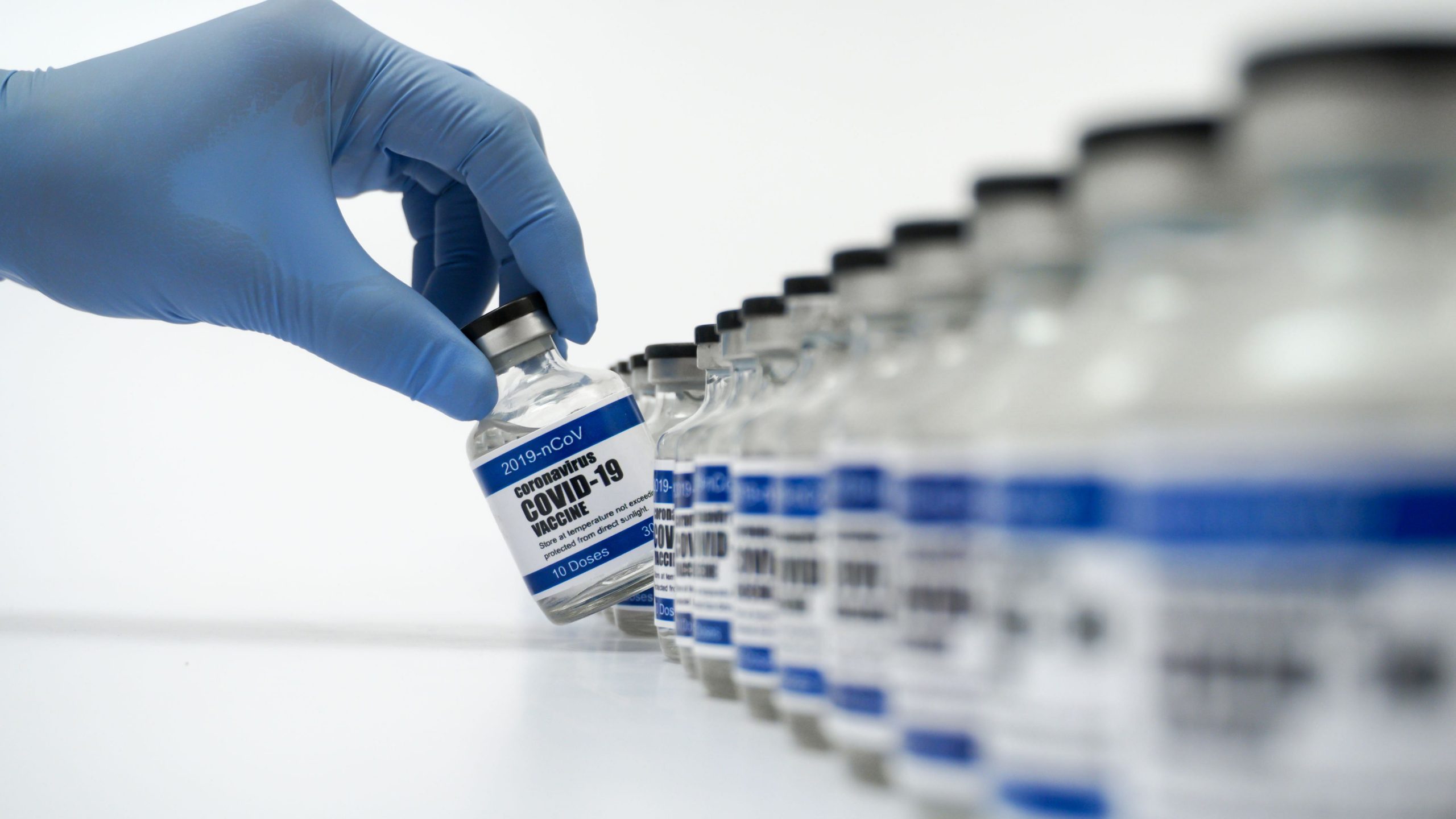New Delhi: In December 2020, science got to a miracle — a coronavirus vaccine arrived — and the main reason was that mRNA vaccine, a previously untested technology, appeared to work better than almost anyone had hoped.
While we remember those historic advances as the work of individual scientists or laboratories, the vaccines against Covid-19 are being seen as a victory for big pharmaceutical companies.
The amount of money invested is the kind of sums usually seen for the smaller defense budget items but massive for a public health project: $2.5 billion to Moderna, $1.2 billion to Astra-Zeneca, half a billion dollars to Johnson & Johnson, and $1.6 billion to a company called Novavax.
Once the race for a vaccine began, governments supercharged their efforts. Moderna received about $2.5 billion in federal research and supply funding from the government’s Operation Warp Speed program (OWS), as well as shared technology the N.I.H. had developed for previous coronavirus vaccines. It is co-producing and distributing a vaccine from BioNTech, a company that received more than $440 million in funding from the German federal government.
Money was being showered on company insiders trading on good-news releases. Executives at Moderna and Pfizer cashed in on the vaccine, selling shares timed precisely to clinical trial press releases. Columbia Law School economist Joshua Mitts has found that execs in many sectors are up to three times more likely to sell off their company stock on days when their companies announce positive news than on days when negative, neutral, or no news is released.
With control over the production of these vaccines, these companies largely provided them on their own schedule, using their own factories or licensed producers — while other facilities around the world sat idle. The big pharma’s profited handsomely from these vaccines, even when they claim to be acting selflessly.
As booster shots are ensuring that coronavirus vaccines remain sought after, company financial reports show that COVID-19 vaccine makers and developers like Johnson & Johnson, Pfizer, Moderna, AstraZeneca, and BioNTech have mostly seen their profits increase since the vaccine rollout, at times majorly.
Many leading figures in Biden’s administration, including key White House advisers, State Department leaders, and health care officials have a financial stake in or professional ties to vaccine manufacturers, which are now lobbying to prevent policies that would cut into future profits over the vaccine.
Unusually, in the first half of last year, Republicans and Democrats in Congress were virtually neck and neck in pulling in drug industry money, according to a KHN analysis of campaign contributions. The drug industry’s campaign contributions are markedly strategic, said Steven Billet, an associate professor at the Graduate School of Political Management at George Washington University.
Eric Lander, the White House science adviser, holds up to $1 million in shares of BioNTech, Pfizer’s partner for its coronavirus vaccine. Susan Rice, the domestic policy adviser, holds up to $5 million in shares of Johnson & Johnson and up to $50,000 in shares of Pfizer, according to a disclosure that was made public. Secretary of State Anthony Blinken previously consulted for Gilead Science, the biotech company that produced remdesivir, the only Covid-19 treatment approved by the FDA back then.
Pfizer signed a $1.95 billion deal to sell one hundred million doses of its two-shot vaccine to the United States, enough for fifty million people. It would be the first to reach American arms. The price per double shot, about forty dollars, is comparable to the price per shot of the flu vaccine. By February last year, the government had ordered three hundred million doses from Moderna, with its first shipment of one hundred million priced at thirty dollars per double-shot dose, cheaper than Pfizer partly because the United States had forked over nearly a billion dollars to Moderna research.
The profitability of coronavirus vaccines has come under scrutiny in connection with vaccine patents, but the temporary lifting of patents that were supposed to make the production of the life-saving inoculations more financially feasible for poorer countries did not happen in the end.
Public support should mean a vaccine for the public, one that reaches people as speedily as possible. The pharmaceutical industry wouldn’t be able to rake in its profits and restore its reputation without funding that comes from public money. Big pharmaceutical companies should never forget that.









